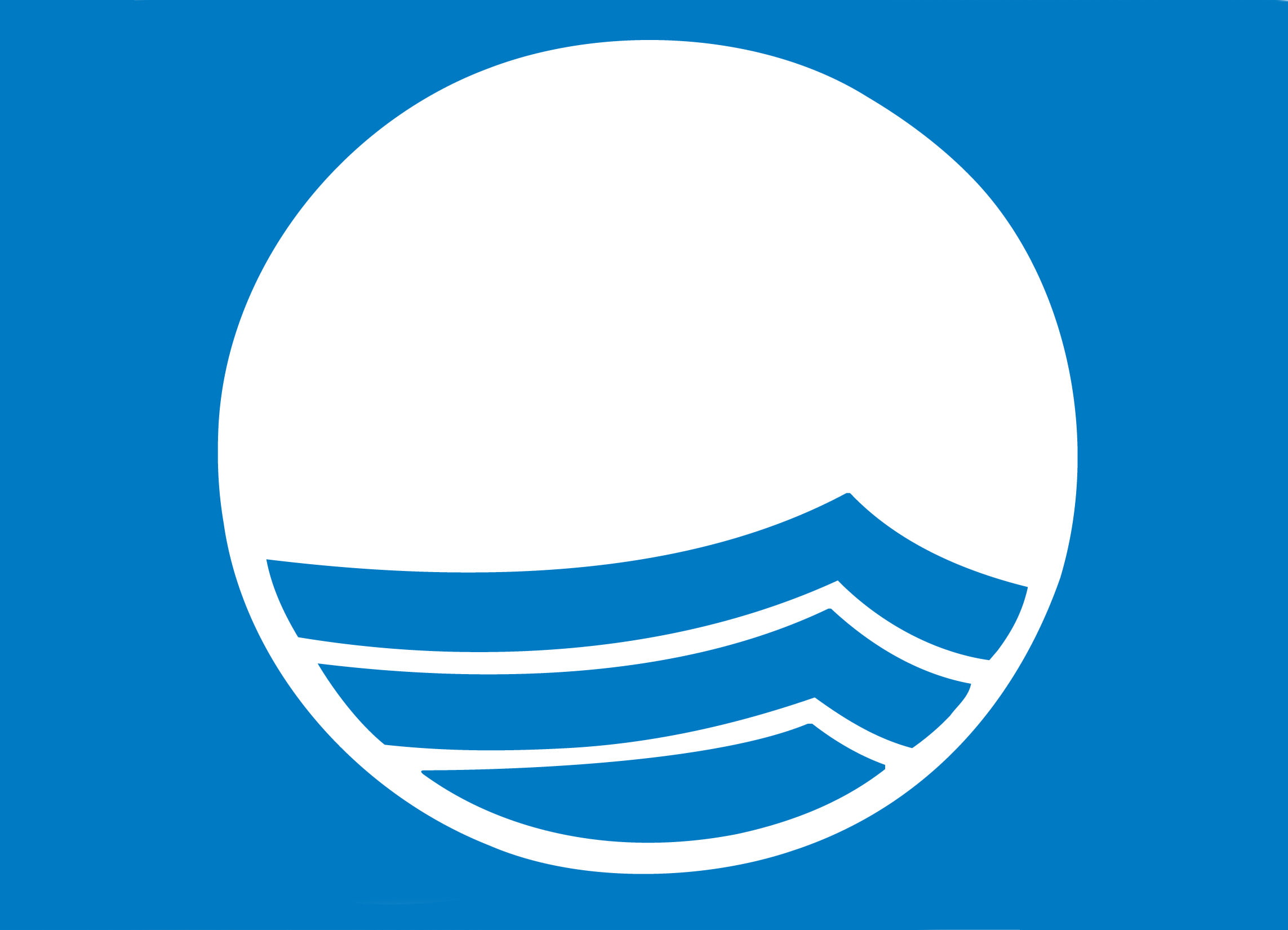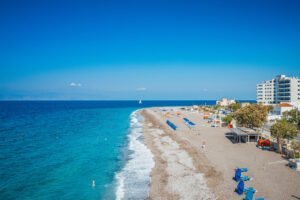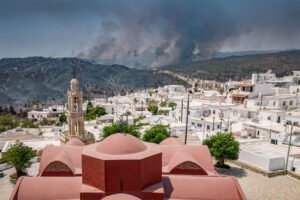
Blue Flag Program

The Blue Flag Award is a voluntary eco-label program ran internationally by a non-governmental institution, the Denmark’s Foundation for Environmental Education (FEE). The Blue Flag concept was born in France during 1985 where the first French coastal municipalities were awarded the Blue Flag on the basis of criteria covering sewage treatment and bathing water quality.
Since then the program has year after year increased in numbers of Blue Flags. The criteria have during these years been changed to more strict criteria. As an example, in 1992 the Programme started using the restrictive guideline values in the EEC Bathing Water Directive as imperative criteria. In 2001 FEE (Foundation for Environmental Education) decided to become a global organization.
HSPN runs the flag program for Greece, rating beaches and marinas on the quality of the seawater, the infrastructures, the organization of the swimming area services and environmental activities.
Five hundred and ninety six (596) Greek coasts, eighteen (18) marinas and six (6) pleasure boats won this year’s (2024) Blue Flag international quality award, it was announced on Wednesday by the Hellenic Society for the Protection of Nature (EEPP), Greece’s operator of the Blue Flag international program.
With 617 award-winning beaches, Greece once again ranks 2nd among 52 countries worldwide, accounting for 15% of all awarded flags.
Rhodes has won 57 Blue Flag awards.


